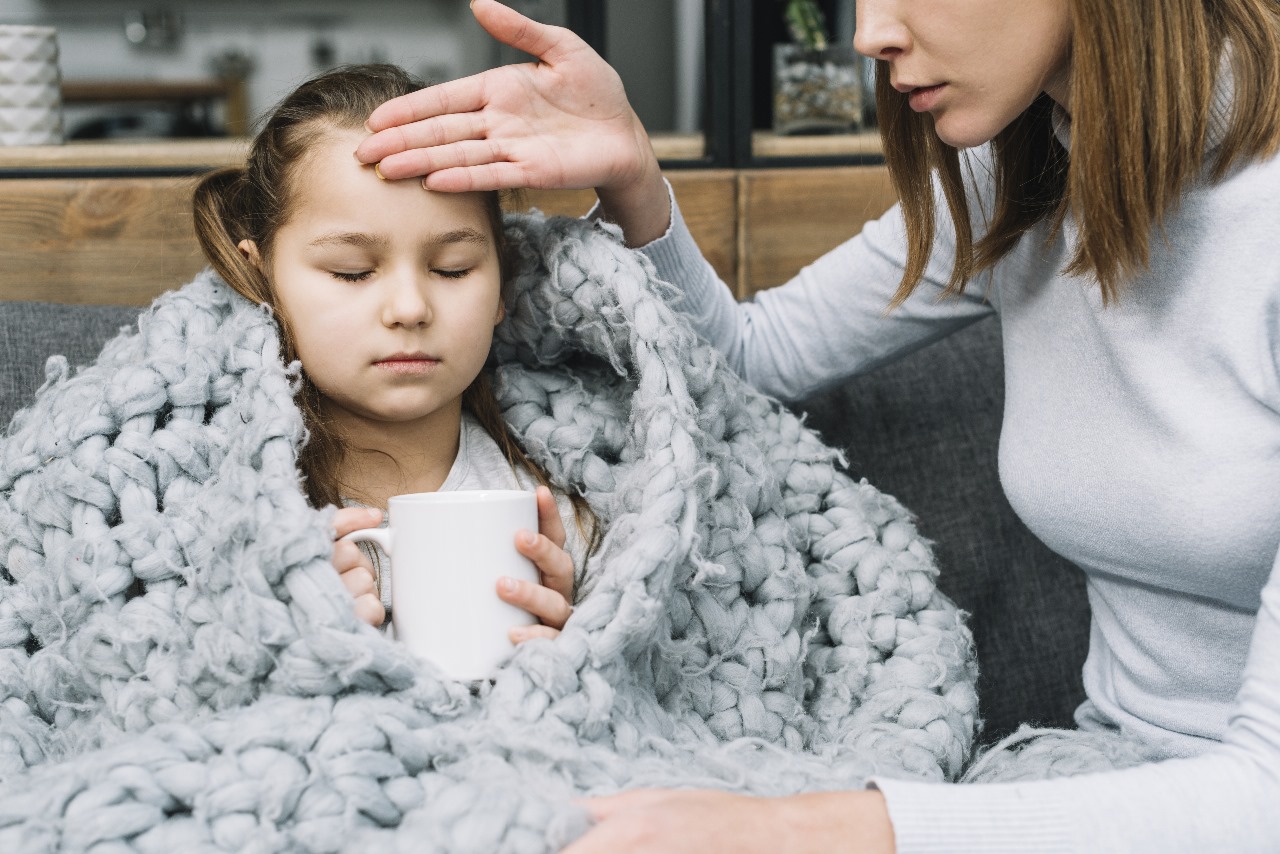
Viral Fever Treatment
Viral fever is a common concern among children, often resulting from viral infections. As a developmental pediatrician, understanding how to manage and support your child during this time is crucial. Here’s a comprehensive guide to help you navigate viral fever in kids.
Understanding Viral Fever
Viral fever typically presents with symptoms such as a high temperature, fatigue, and sometimes additional signs like cough or digestive disturbances. It can be particularly concerning for younger children due to their developing immune systems.
Symptoms to Watch For
- • High Fever: A temperature exceeding 38.5°C (101.3°F) is common.
- • Fatigue:Your child may seem more tired than usual.
- • Digestive Issues: Symptoms like loose stools or decreased appetite may occur.
- • Respiratory Symptoms: Coughing, sneezing, or a runny nose can accompany the fever.

Care Strategies
While there is no specific medication for viral fevers, there are several supportive care strategies that can help your child recover comfortably:
Hydration
Keeping your child well-hydrated is essential. Offer plenty of fluids such as water, clear soups, or oral rehydration solutions to prevent dehydration.
Nutrition
Focus on easy-to-digest foods like porridge or soups. Small, frequent meals can be more manageable if your child has a reduced appetite.
Rest
Encourage your child to rest adequately. Sleep plays a vital role in recovery and helps the immune system function effectively.
Comfort Measures
- • Room Temperature: Ensure the room is well-ventilated but not too cold. Dress your child in light clothing to help regulate body temperature.
- • Sponge Baths: A lukewarm sponge bath can provide comfort if your child feels overheated.

When to Seek Medical Attention
It’s important to monitor your child's symptoms closely. Consult a healthcare professional if:
- • The fever persists for more than three days.
- • Your child exhibits unusual lethargy or irritability.
- • There are signs of dehydration, such as dry mouth or infrequent urination.
When to Seek Medical Attention
- • Hand Hygiene: Teach your child the importance of washing hands frequently.
- • Avoid Crowds: Limit exposure to crowded places during peak illness seasons.
- • Vaccinations: Stay updated on vaccinations as recommended by your pediatrician. By following these guidelines and maintaining open communication with your healthcare provider, you can help ensure that your child navigates through viral fever with care and support. As a developmental pediatrician, I emphasize the importance of monitoring symptoms and providing a nurturing environment for recovery.


